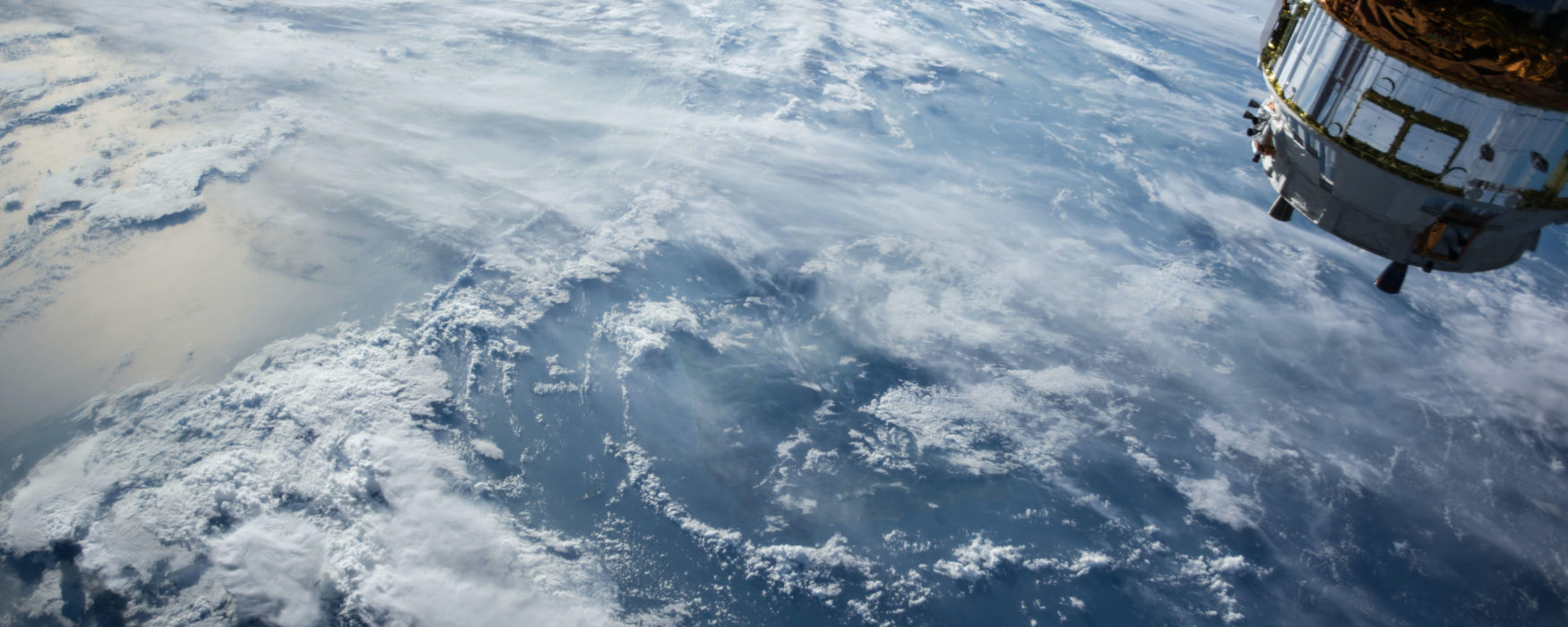
By Heather Nezich, courtesy of SBAM Approved Partner ASE
We’ve all lived like astronauts for the past year and a half – we’ve been physically isolated from family and friends, our home was also our workplace, and we were surrounded by an unsafe environment (COVID-19). Astronauts train for this, we have not.
NASA knows the dangers of disconnection. They know that a loss of connection with others harms one’s well-being and performance. With a company like NASA, the entire team must be connected – when they are not, dangerous accidents can occur.
Humans are hardwired to connect, and they lost that during the pandemic. Facilitating reconnection for employees will be key to making a successful transition back into the workplace. Similar to how NASA prepares astronauts for their return to earth.
Organizations need a culture of connection in order to thrive. As the current pandemic slowly comes to an end and the world opens up again, one proactive step leaders can take is educating employees to understand their human need for connection and what they might experience upon re-entry into a more complex social environment. NASA is very intentional about helping astronauts in space maintain connection. Astronauts are taught to:
- Be aware of how their mental health affects the crew and know that it’s their responsibility to take care of themselves
- Be attentive to how their crew mates are doing and help them if they need it
- Recognize that feeling disconnected may cause them to not want to connect with others and how to counteract that
- Reach out proactively in new and innovative ways to maintain connections with family and friends
- Think the best of others so that when someone does or says something that’s disconnecting, it isn’t viewed as having a malicious intent behind it
Three key issues to be aware of as employees re-enter the workplace include:
- Lethargic Social Skills – Social skills are like muscles – use it or lose it. Social skills actually do weaken when not used regularly. Expect employees to be socially awkward at first. They have all been communicating virtually though a computer for over a year. For many, the first few weeks or months back will be mentally exhausting.
- Foggy Cognitive Skills – Otherwise known as “brain fog.” Many have reported a loss of memory, problem-solving skills, and even attention span since the pandemic began. NASA completed a study that found that after a year-long mission in space, astronauts experience a decrease in cognitive speed and accuracy that last for six months. Give your employees time.
- The Ongoing Need for Connection – Planning one social function to regain a team’s connection upon their return will not cut it. Reconnecting employees should be an ongoing priority upon the return. One way to do this is through providing online or in-person training to boost connections among employees. Specifically, educate employees on the effects of loneliness and isolation. Teach them the importance of reconnecting and how to do so.
So, treat your employees like astronauts as they return to work-life as they once knew it. NASA uses the CONNECT method for their returning astronauts – Community, Openness, Networking, Needs, Expeditionary, Countermeasures, and Training.